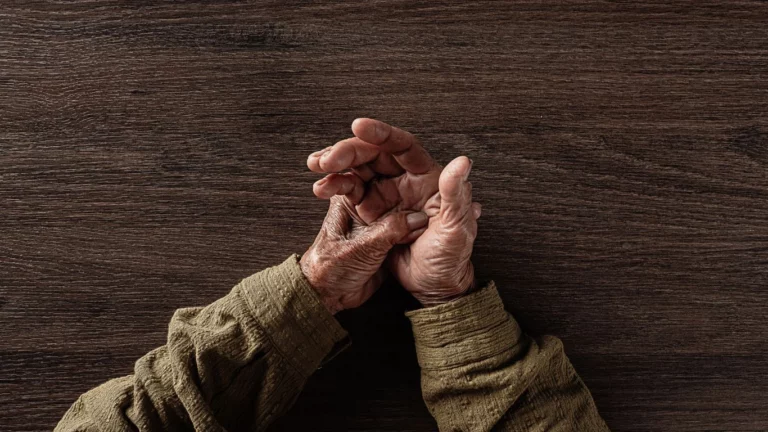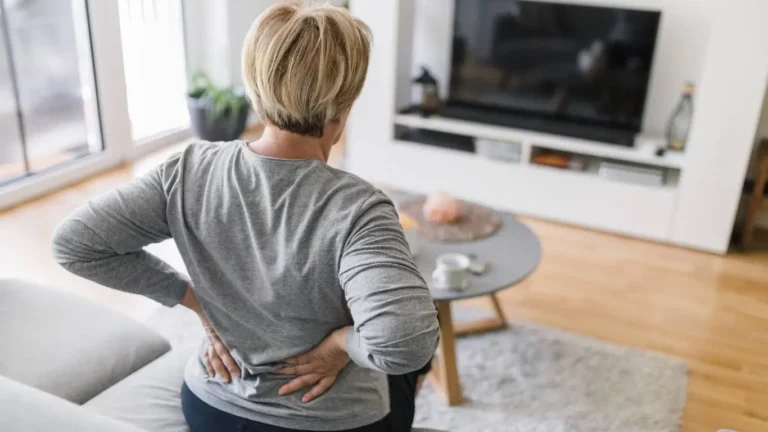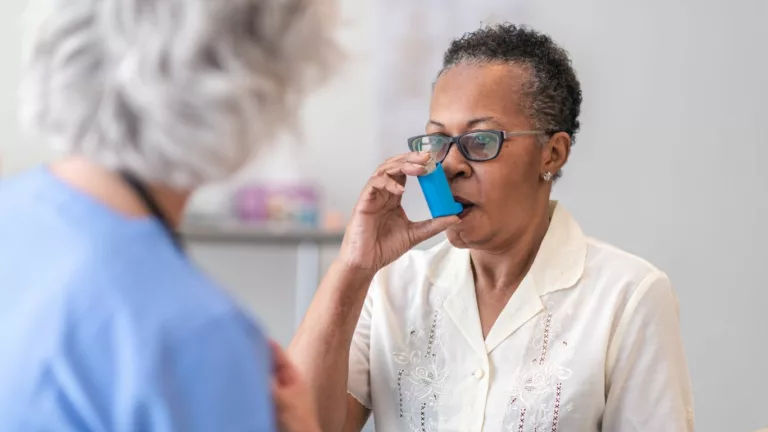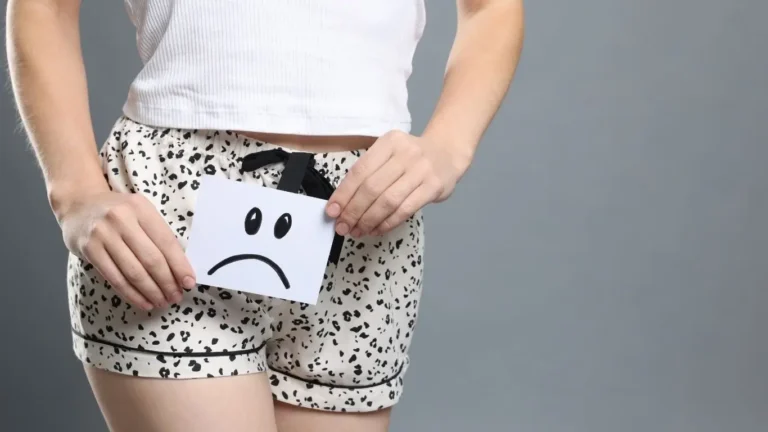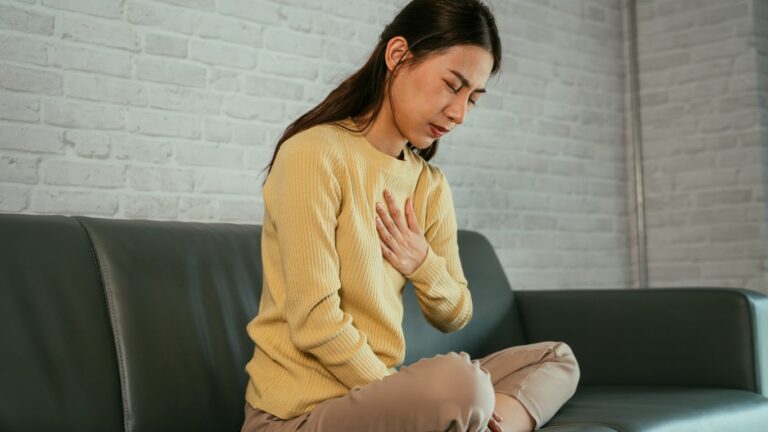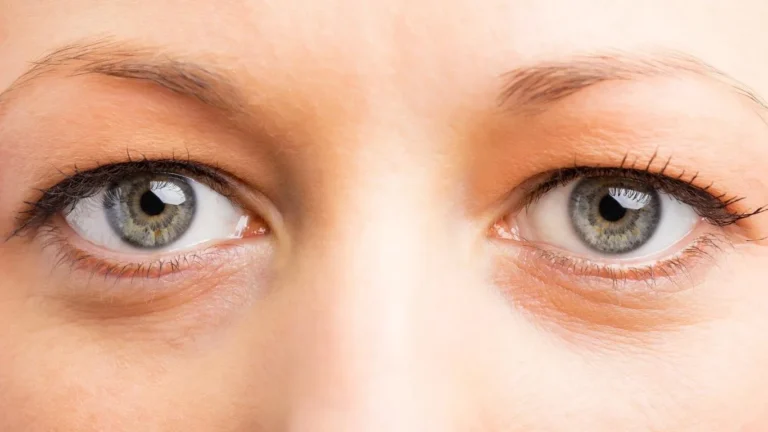How to Drink Coffee Safely with Hypertension: Smart Tips That Work
Let’s talk about something that comes up almost daily in my clinic: how to drink coffee safely with hypertension. As an internal medicine physician who’s spent years focusing on blood pressure management, I’ve had countless conversations with patients who feel torn between their love for coffee and their concern over elevated readings. Honestly? I get it. I’m a coffee lover myself. But the truth is, you don’t have to completely give up your morning ritual to keep your blood pressure in check—you just need to get smart about how you’re doing it.
Why the Relationship Between Coffee and Blood Pressure Is So Complicated
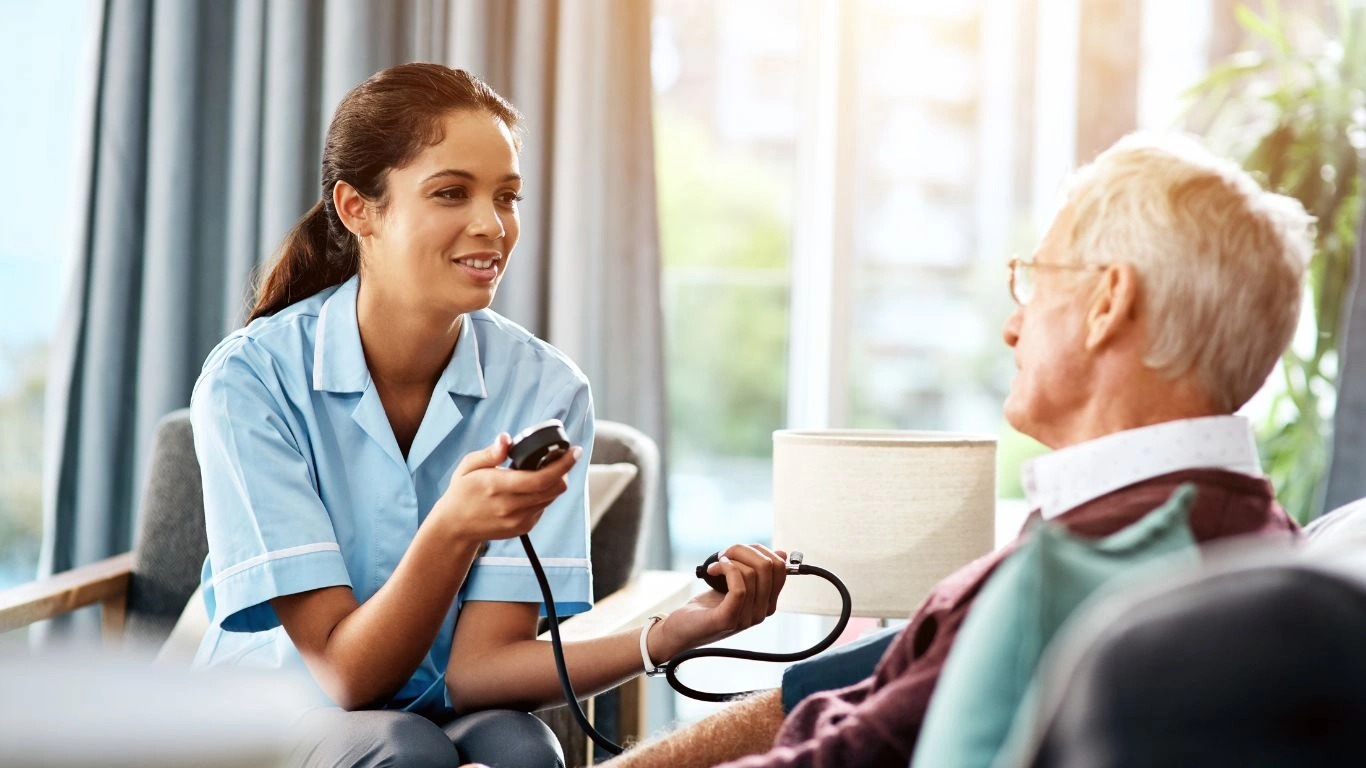
Here’s the deal—caffeine doesn’t affect everyone the same way. That’s one of the first things I share with patients. Some people can sip espresso all afternoon and still have a rock-steady BP. Others? One cup and their numbers spike within 30 minutes. There’s a genetic component to how our bodies metabolize caffeine, and that’s not something we can change—but we can work with it.
As a physician, I’ve seen this play out again and again. I had a patient, mid-50s, very fit, overall healthy—but his blood pressure would creep into the 150s/90s range just after his third cup of the day. Once we tracked his intake and adjusted his timing, his numbers stabilized. Simple tweaks can make a big difference.
How Caffeine Impacts the Cardiovascular System
Caffeine is a stimulant, which means it temporarily boosts heart rate and constricts blood vessels—two things that can raise blood pressure, especially in people already dealing with hypertension. That said, for most folks, this effect is short-lived and not necessarily harmful unless you’re drinking excessive amounts or have poorly controlled BP.
- Immediate effect: BP can rise within 30 minutes of drinking coffee
- Duration: The peak effect usually lasts 1–2 hours, sometimes longer
- Variation: Sensitivity differs widely from person to person
What I often emphasize is the context—your overall cardiovascular health, how well your BP is managed with or without medication, and how your body personally reacts to caffeine all matter.
So… Can You Still Enjoy Coffee If You Have High Blood Pressure?
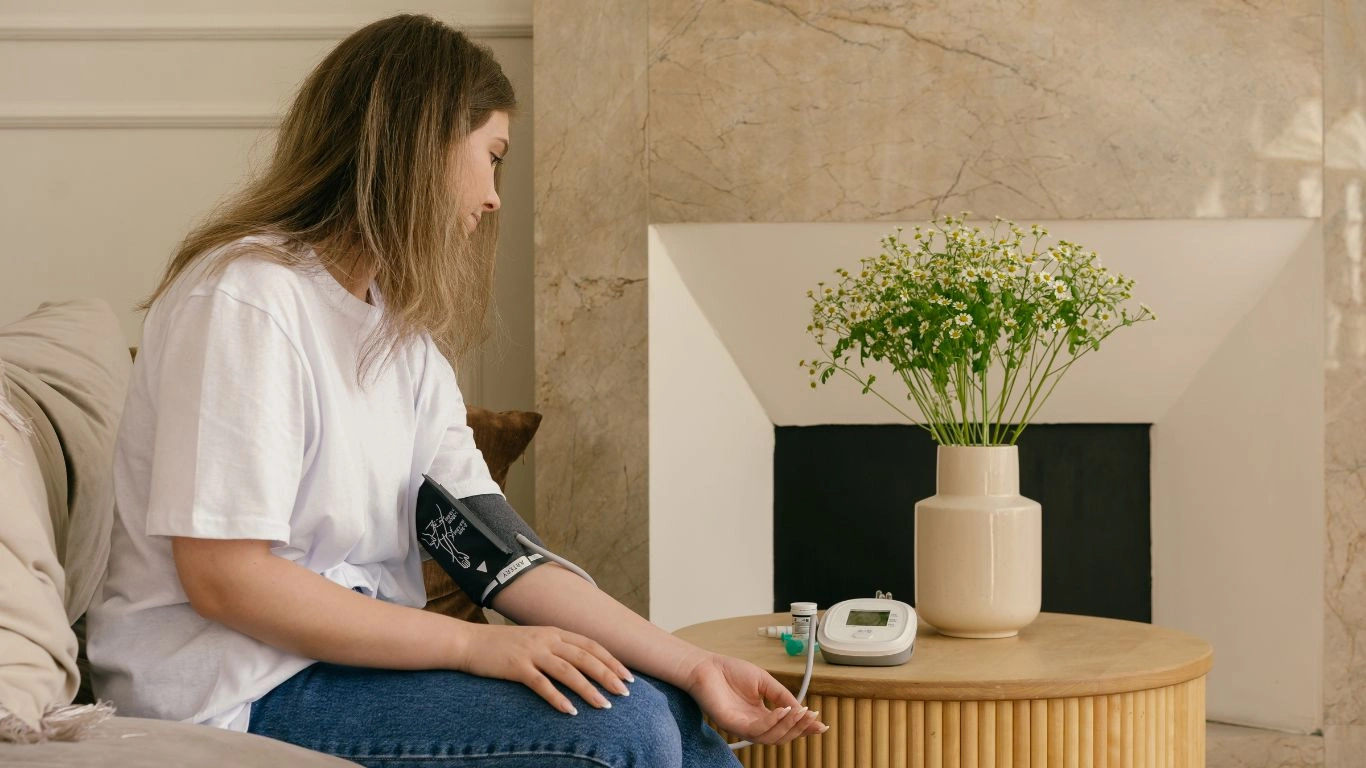
Short answer? Yes, in most cases. You don’t need to break up with your morning brew. But you might need to rethink your routine. I tell my patients to treat caffeine like they would sodium or sugar—it’s not about total elimination, it’s about smart moderation.
My Go-To Advice for Patients Who Love Their Coffee
- Limit it to 1–2 cups daily (and by cups, I mean 8 oz—those 20 oz monsters don’t count as “one”).
- Skip the sugar bombs. Lattes loaded with syrup and whipped cream aren’t doing your heart any favors.
- Avoid drinking coffee on an empty stomach—especially first thing in the morning, when cortisol levels are already high. Pair it with a meal to blunt the stimulant effect.
- Check your BP before and after coffee a few times to see how your body reacts. Keep a log for a week. It’s surprising how much that self-awareness can change habits.
And this might sound a little old-school, but hydration matters too. Coffee is a mild diuretic, which can cause dehydration over time. That might not directly spike your BP, but staying well-hydrated helps with overall vascular health.
Different Types of Coffee and Their Effects on Hypertension
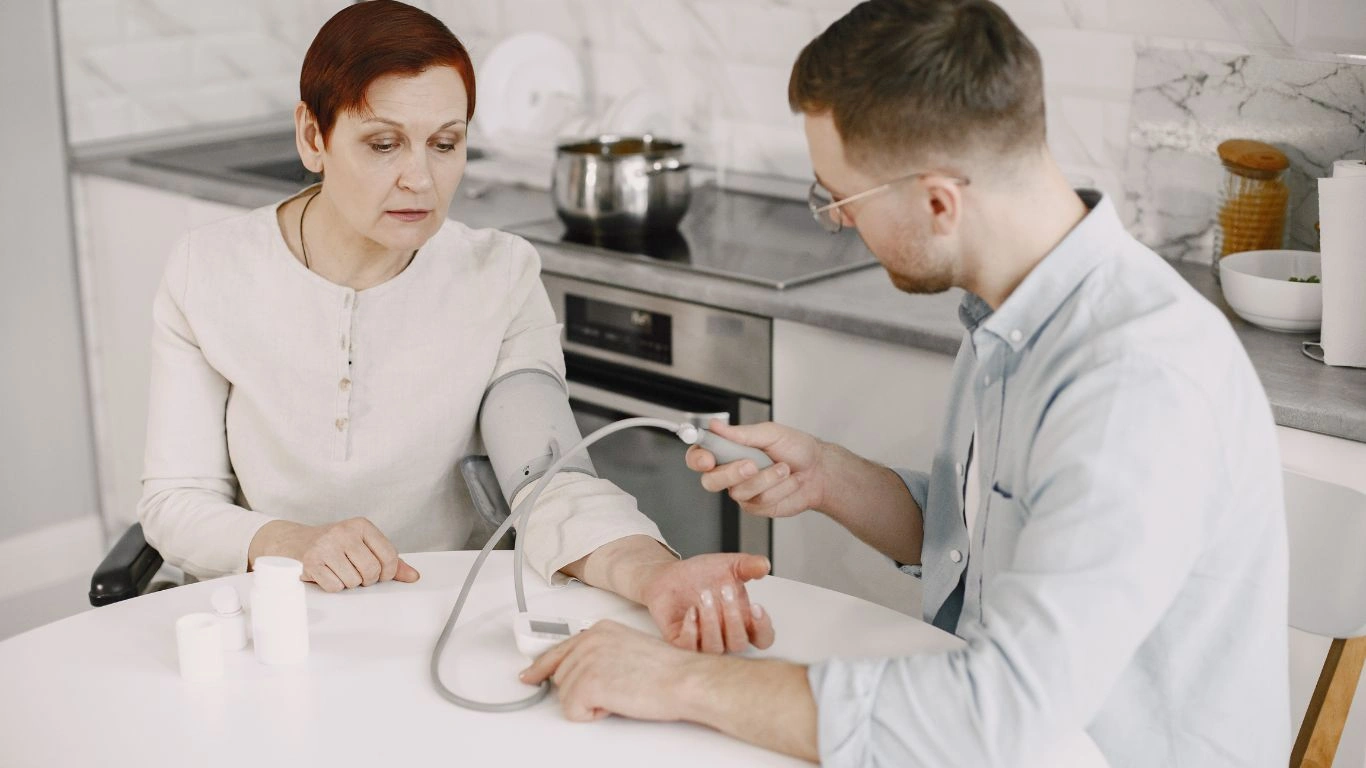
Not all coffee is created equal. Another thing I remind my patients is that different brewing methods affect caffeine levels. A strong cold brew or a double-shot espresso is going to hit harder than a regular drip brew or instant coffee. Even decaf isn’t totally caffeine-free—something that surprises a lot of people!
Here’s a quick comparison:
- Drip coffee (8 oz): ~95 mg caffeine
- Espresso (1 shot): ~63 mg caffeine
- Cold brew (8 oz): ~150–200 mg (depending on steeping time)
- Decaf (8 oz): ~2–5 mg (yes, still some caffeine!)
So if you’re already on the sensitive side, switching to a milder brew—or even half-caf—can be a game changer. I’ve had patients cut their intake in half without even noticing, just by blending regular and decaf beans at home.
Bonus: Other Hidden Sources of Caffeine
Don’t forget, coffee isn’t the only source of caffeine out there. If you’re sipping green tea all day, snacking on dark chocolate, or popping migraine meds with caffeine, you could be stacking your intake without realizing it. Always worth a check-in if your numbers aren’t budging.
Timing Matters: When You Drink Coffee Can Affect Your Blood Pressure
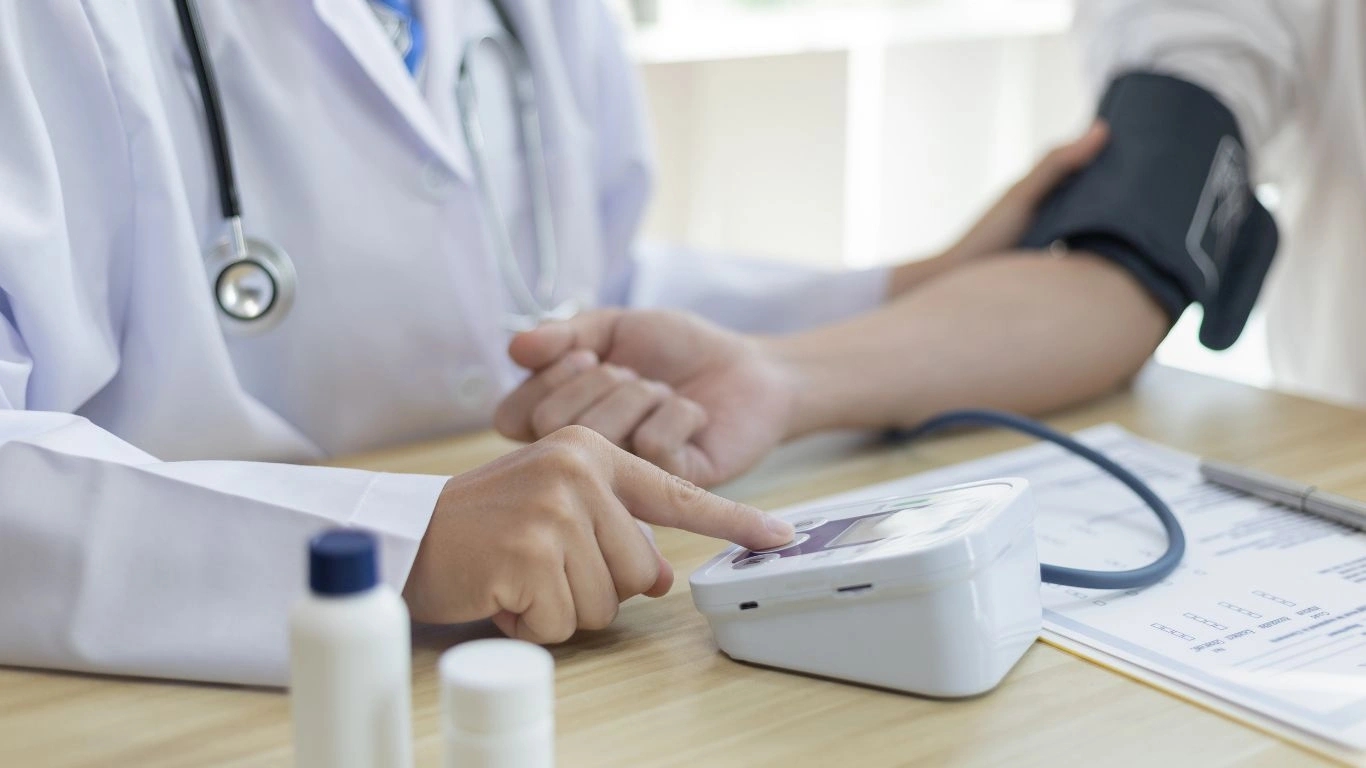
Let’s talk about timing, because when you drink your coffee can be just as important as how much you’re drinking. One pattern I’ve noticed with my patients is that many of them reach for coffee right after waking up—and then again mid-morning, and sometimes even in the late afternoon. If that sounds like you, don’t worry—you’re in good company.
But here’s the catch: early morning is when your cortisol (your natural “wake up” hormone) is already at its peak. Layering caffeine on top of that surge can create a bigger BP spike than necessary. And if you’re reaching for another cup around 3 or 4 p.m. to push through the day? That can interfere with your sleep, setting up a vicious cycle of fatigue, poor rest, and elevated BP the next morning.
My personal rule of thumb?
- Avoid caffeine in the first 30-60 minutes after waking. Give your body time to regulate on its own.
- Cut off caffeine by 2 p.m.—especially if you’re sensitive or prone to insomnia.
This small tweak has helped so many of my patients feel better during the day and sleep more soundly at night, which we know plays a crucial role in blood pressure regulation.
Signs You May Be Overdoing the Caffeine
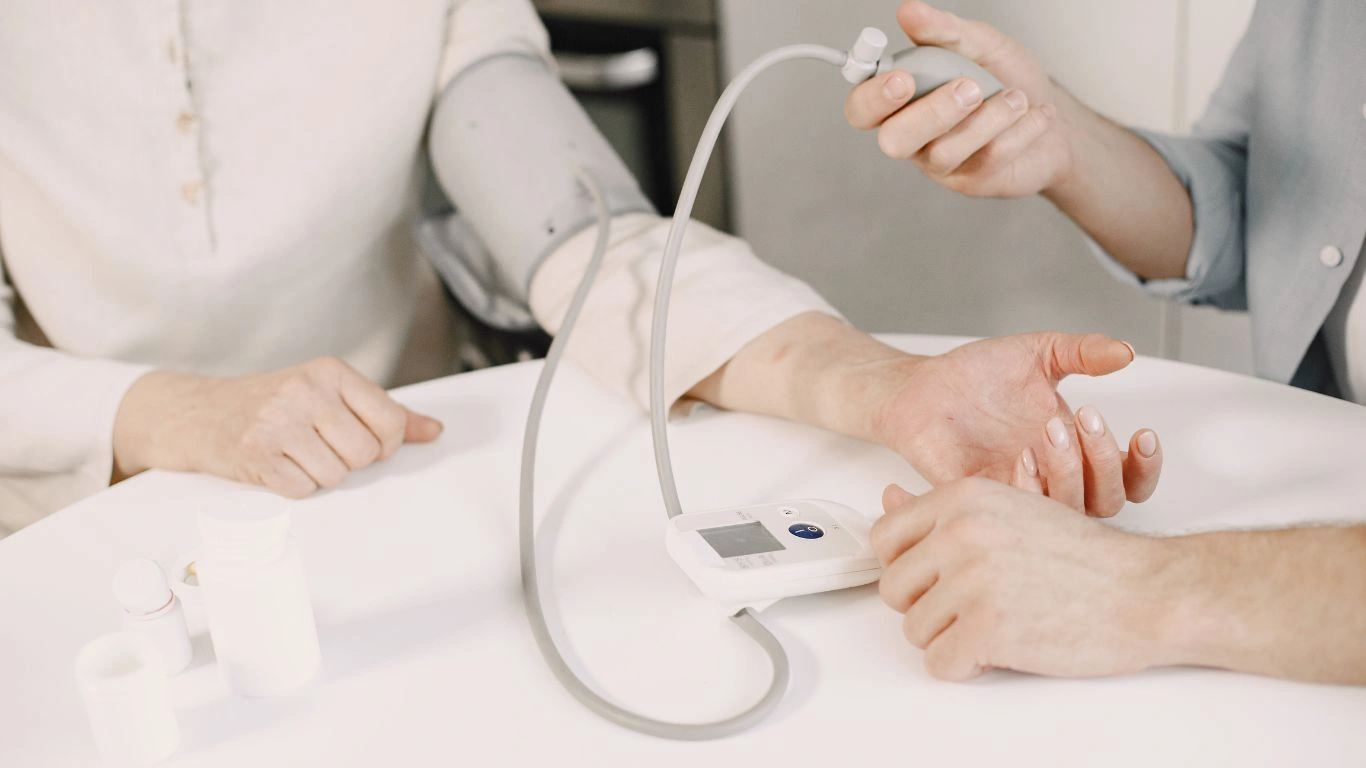
I always tell folks—listen to your body. It’s often trying to tell you what’s up, especially when it comes to caffeine. If you notice any of the following symptoms, you might be hitting your upper limit and putting your BP at risk:
- Feeling jittery, anxious, or restless after coffee
- Racing heart rate or palpitations
- Headaches or lightheadedness
- Increased need to urinate (especially if you’re not balancing with water)
- Unusual blood pressure spikes an hour or two after coffee
These are red flags—not necessarily reasons to cut coffee out entirely, but definitely signs that you may want to scale back. I had one patient in her 60s who was convinced her palpitations were due to her medication. Turned out it was the strong cold brew she sipped every afternoon. Once we cut that out, the palpitations stopped.
The Fix? Tune Into Your Body’s Response
If you’re unsure how caffeine is affecting you, try tracking your symptoms and BP for a few days with and without coffee. It’s such a simple exercise but incredibly revealing. Patients often come back to me saying, “Wow, I didn’t realize how much better I felt cutting back just a little.”
Smart Coffee Habits That Support Healthy Blood Pressure
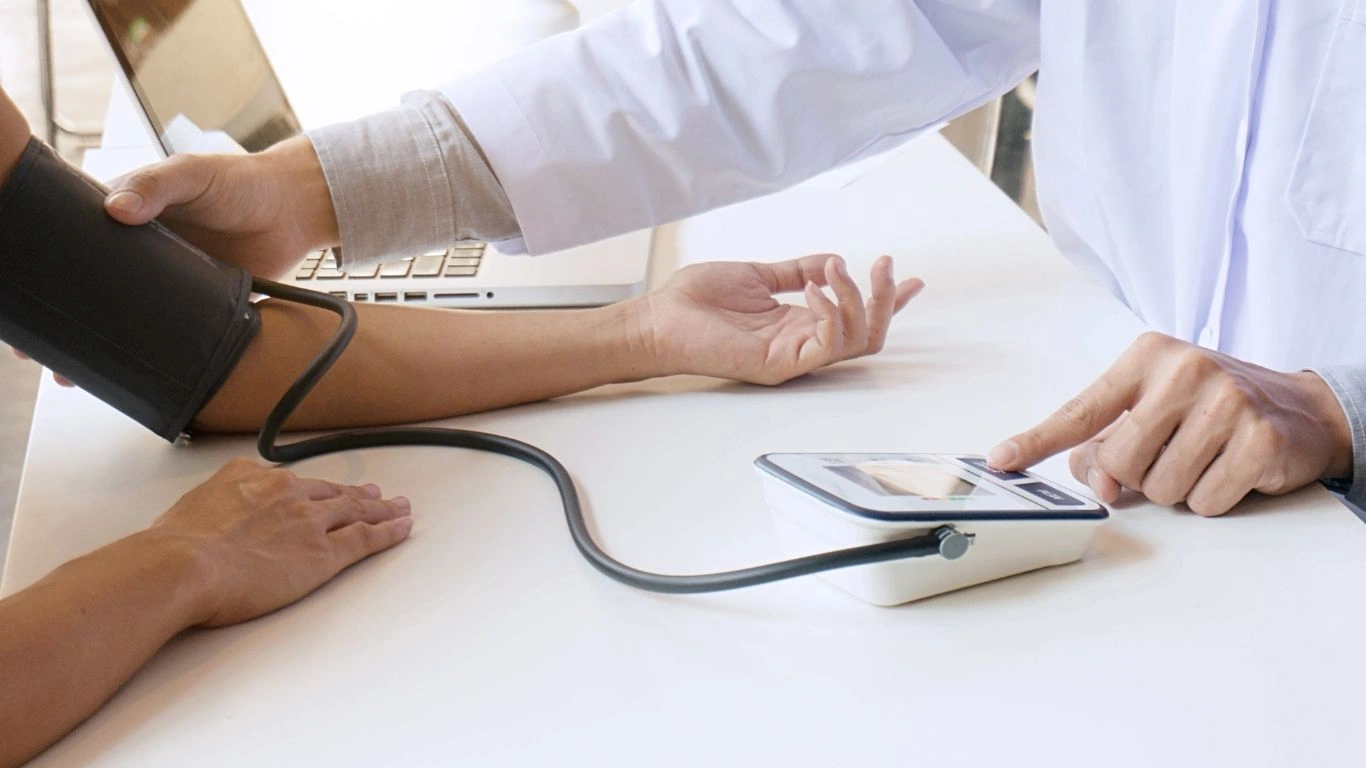
By now, you’re probably picking up on the theme—moderation and awareness. But there are also a few specific habits I routinely recommend to patients (and practice myself!) that can make a big difference in how your body handles that daily caffeine hit.
Here’s what I suggest:
- Pair coffee with a balanced breakfast. Add protein, healthy fats, and fiber. This slows caffeine absorption and helps avoid a sudden spike in heart rate or blood pressure.
- Stay hydrated. Match every cup of coffee with at least 8 oz of water. This helps offset the diuretic effects and supports better overall circulation.
- Watch your add-ins. Creamers, sugars, flavored syrups—they can turn coffee into a stealthy source of saturated fat and added sugar. I’ve seen more than a few patients get their BP under better control just by cleaning up what they put in their cup.
- Experiment with half-caf or herbal alternatives. You don’t have to quit coffee cold turkey to lower your caffeine intake. Try switching to half-caf or rotating in chicory, rooibos, or caffeine-free teas for variety.
I actually did a week-long coffee reset myself last year (yes, even doctors need a caffeine reality check from time to time!). It was eye-opening. I realized I was drinking more out of habit than actual need. Now I truly enjoy my one cup in the morning and skip the afternoon mug without a second thought.
Medication Interactions: What You Might Not Know
Here’s something that doesn’t get talked about enough: coffee can interfere with how your blood pressure medications work. It’s not usually dangerous, but it can affect absorption or increase side effects—especially with certain beta-blockers or calcium channel blockers.
I’ve seen patients who’ve been stable on meds for years suddenly start getting wild BP readings, and when we trace it back, it turns out they started taking their meds with coffee instead of water. Even something like timing—taking your medication right after a strong espresso—can influence how well it works.
Tips to avoid issues:
- Take medications with water, not coffee
- Leave at least a 30-60 minute buffer between coffee and pills
- If you’re unsure, check with your pharmacist or prescribing doctor (don’t rely on Dr. Google)
One of the most important things I can do as a physician is help my patients feel empowered—not afraid. Understanding how coffee interacts with your meds is part of that empowerment.
Should You Consider Cutting Coffee Out Altogether?
Let’s be real—coffee is more than just a drink. For many of us, it’s a ritual, a comfort, even a social habit. Telling someone to quit cold turkey rarely works and often causes more stress than good. I’m not in the business of making people miserable. What I aim for instead is helping folks make smarter choices that support their health goals without sacrificing the things they love.
If you’re someone who’s tried everything—cutting down, tweaking the timing, watching your add-ins—and your BP is still all over the place, then yes, it might be worth exploring life without caffeine for a bit. But most of the time, you don’t have to give it up—you just have to change how you approach it.
How Lifestyle Factors Work Hand-in-Hand With Caffeine Tolerance

Now here’s something I often emphasize with my patients: coffee alone isn’t the culprit. It rarely exists in a vacuum. Your lifestyle—how active you are, what you eat, how stressed you feel, how well you sleep—plays a massive role in how your body handles that daily dose of caffeine. Honestly, in my clinic, it’s never just about the coffee.
I’ve had patients who were drinking three cups of coffee a day, but their blood pressure was still beautifully controlled—because they exercised daily, ate a plant-forward diet, limited processed foods, and kept their stress in check. On the flip side, someone drinking one cup but with poor sleep, lots of stress, and a high-sodium diet might still see elevated readings.
It’s the full picture that matters.
Here are a few things I always encourage my hypertensive patients to build into their routines:
- Regular physical activity – Even 30 minutes of brisk walking 5 days a week can lower systolic BP by 5–10 mmHg.
- Mindful stress reduction – Meditation, yoga, or just taking time to breathe can significantly affect how your nervous system responds to stimulants like caffeine.
- Consistent, quality sleep – Poor sleep raises cortisol and adrenaline levels, both of which can increase blood pressure—and caffeine can make it worse if timed poorly.
If you’re working on managing hypertension, think of caffeine management as one piece of the puzzle—not the entire strategy. When combined with other healthy behaviors, most people can absolutely enjoy coffee without sabotaging their blood pressure goals.
How to Personalize Your Coffee Routine If You Have Hypertension

One of the best ways I support patients is by helping them create a customized coffee routine—one that fits their lifestyle, preferences, and health goals. There’s no “one size fits all” here. What works for one person might not work for another. And honestly? That’s what makes my job so rewarding.
If you’re looking to dial in a safer way to enjoy coffee with hypertension, here’s a rough roadmap:
Step 1: Assess Your Baseline
- Track your current coffee intake for 5–7 days (amount, time of day, and how you feel after).
- Record your blood pressure before and after coffee on at least 3 of those days.
This will give you a snapshot of how your body responds—and it might surprise you. I had a patient who swore coffee didn’t affect her BP, but her readings consistently spiked 10 points within an hour of drinking. She ended up moving her coffee to mid-morning and dropping the second cup—and saw a consistent improvement.
Step 2: Adjust Gradually
- If you’re drinking 3+ cups a day, reduce by one every few days until you’re at 1–2 max.
- Consider a half-caf blend or alternating with herbal teas if you’re sensitive.
Cold-turkey caffeine withdrawal isn’t fun—hello headaches, irritability, and fatigue—so slow and steady wins here. I usually tell patients: give your nervous system time to recalibrate.
Step 3: Set “Safe Zones” for Coffee
- Mid-morning (9–11 a.m.) is often the sweet spot—post-cortisol spike but not too close to bedtime.
- Avoid coffee after 2 p.m. if sleep or blood pressure are concerns.
It’s all about intentional timing. Just like with meals or medications, strategic timing makes a difference.
Expert Consensus and Current Research on Caffeine and Hypertension
It’s not just clinical experience—research from the NIH and other reputable sources continues to evolve. While earlier studies leaned toward strict caution with coffee and hypertension, more recent reviews are a bit more balanced.
Moderate coffee intake (1–2 cups/day) is generally considered safe—even in hypertensive individuals—as long as your blood pressure is well-managed. In fact, some meta-analyses have suggested potential protective effects of coffee when consumed sensibly, thanks to its antioxidants and anti-inflammatory properties.
But again—it comes down to the individual response. There’s no hard-and-fast rule that applies to everyone. This is where personal experience, trial and error, and professional guidance come into play.
So, What’s the Takeaway?
As someone who both treats hypertension and enjoys coffee myself, here’s my honest take: you don’t have to give up coffee to manage your blood pressure. You just need to be smart, mindful, and a little flexible. Pay attention to how you feel, track your numbers, and don’t be afraid to make adjustments as your body and health needs evolve.
Patients often feel relieved when I tell them that. It’s not about cutting things out—it’s about learning how to keep the things you love without letting them work against your health.
And if you’re ever in doubt?
Talk to your doctor. Work with someone who knows your medical history and can help you fine-tune your routine. That kind of personalized, informed care will always be more effective than generic internet advice.
References
Disclaimer
This article is for informational purposes only and does not substitute professional medical advice, diagnosis, or treatment. Always consult your healthcare provider before making changes to your coffee consumption or blood pressure management plan.

Dr. Gwenna Aazee is a board-certified Internal Medicine Physician with a special focus on hypertension management, chronic disease prevention, and patient education. With years of experience in both clinical practice and medical writing, she’s passionate about turning evidence-based medicine into accessible, actionable advice. Through her work at Healthusias.com, Dr. Aazee empowers readers to take charge of their health with confidence and clarity. Off the clock, she enjoys deep dives into nutrition research, long walks with her rescue pup, and simplifying medical jargon one article at a time.


